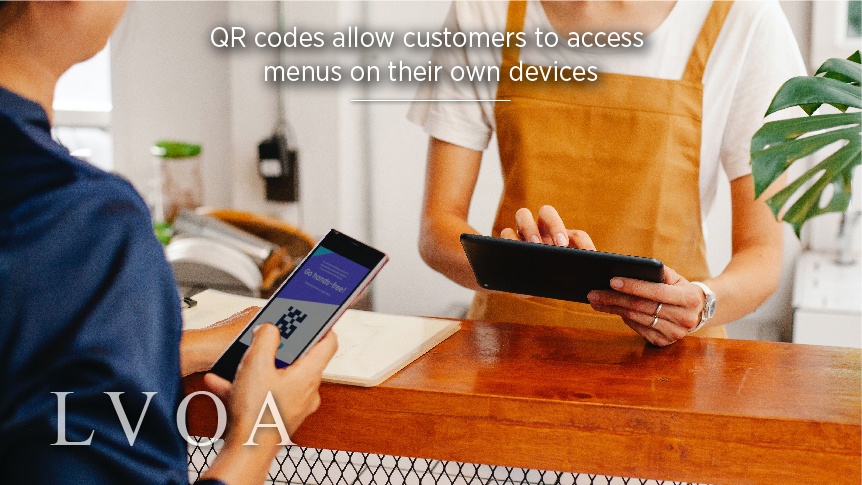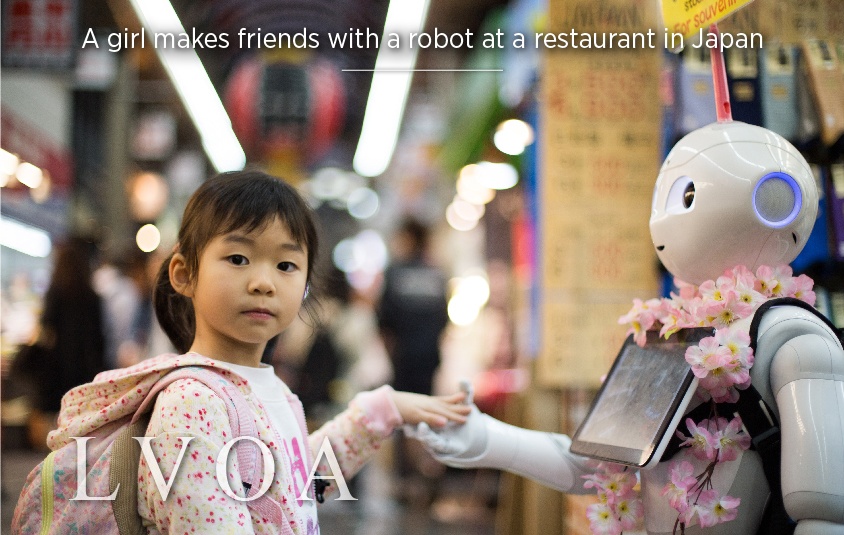Although technology was already being leveraged in the hospitality industry pre-Covid, the global pandemic has certainly sped up the tech trend and adjusted priorities when it comes to tech solutions.
Now, the focus is on minimising touchpoints and human contact, rather than convenience or novelty, as well as improving hygiene and communication (especially as the Covid-19 situation and ensuing restrictions change constantly). These new tech standards not only prevent the spread of the virus, but also improve consumer confidence at a time when travel is tentatively resuming.
As the pandemic continues into its second year and will soon be heading into its third, it’s obvious these tech replacements are not mere temporary measures, but here to stick around. As necessity becomes normality, much pandemic-era tech may well remain during recovery years and beyond. So, which tech solutions show the most promise for longevity?
Smartphone solutions for convenience
Today, most travelers have a smartphone on their person at all times, and international travelers can enjoy reasonable international data plans, rather than suffer extortionate roaming charges. Therefore, a huge tech shift that is likely here to stay is anything that can be done on a smartphone.
This includes mobile keys (taking digital check-in and -out to the next level), use of QR codes to access menus or other information, booking services for spa or restaurants, ordering room service, digital concierge for communication (via messaging apps such as Whatsapp or Line), contactless payments, using smartphones as TV remote controls, and much more.
The key element here is convenience, with social distancing a bonus, but there are challenges. For example, if a hotel guest loses or breaks their device (or can’t use it for whatever reason), then a return to analog is needed as a backup. Another spanner in the works can be buggy hotel apps. For convenience, an app needs to work seamlessly. A third is dodgy WiFi or lack of signal for data if a hotel is remote. The last is the integral role of robust cyber security to safeguard sensitive customer information.
In the luxury sector, many hotels are providing smartphones for guests to combat some of these challenges. Guests don’t have to figure out adjusting their phone plan overseas, emergency numbers and hotel/local applications are already loaded up, the phone can be used to make local calls, and personal devices are kept separate from the hotel’s, ensuring safety and privacy.
Tech-based hygiene solutions
Smartphones can also play a role in hygiene solutions e.g. guests requesting that towels be changed, or the hotel letting guests know when their room has been cleaned. Digital touchpoints can also keep track of a guest’s movements and activities, which can be important for tracking and tracing the virus.
Elsewhere, technology is being used to make cleaning more thorough and efficient. For example, the self-cleaning rooms at Hotel Ottilia in Copenhagen disinfect themselves every morning without a staff member present, using CleanCut technology that breaks down microbes, including airborne viruses. The Westin Houston Medical Center hotel is making use of germ-killing LightStrike Germ-Zapping robots that emit “intense germicidal” light using pulsed xenon (a noble gas). Hotel brands such as Marriott use electrostatic sprayers, which produce positive and negative charges on disinfecting liquids to help the spray better seek out and stick to surfaces, much faster than cleaning by hand.
Technology for internal systems
Tech isn’t just about improving client-facing services for the Covid era, but also back-of-house processes. Data from guests’ experiences can be logged and used to predict consumer behaviour or personalize the guests’ next stay, improving loyalty and rewards programs.
Cloud-based hotel management systems can automate daily tasks, update rates and inventory in real time via a centralised reservation system (essential for keeping track of cancellations and postponements), and train staff. Data collected by these systems can also help inform business decisions – an important money-saving hack during hard times for the hospitality sector.
Internal comms have also moved online e.g. coordination of shift schedules, video conferencing, and communication via messaging apps. It’s very likely that video calls could somewhat replace international conferencing in the future, but will likely not replace in-person communications entirely.
Replacing humans with robots?
While mundane transactions such as reservations, payments, and ordering F&B can easily be replaced by technology, the delivery of the service – a cornerstone of hospitality – cannot. In particular, a big part of the luxury travel industry is the bespoke touch: being greeted by name, having a dedicated butler or concierge, or the manager coming to speak with you personally.
Some of the technological innovations mentioned here, such as tracking hotel guests via their smartphones or replacing deep cleaning with germ-killing robots, sound a little dystopic or sinister. There is a fine balance to be made between putting hotel guests at ease with technology and making them uncomfortable.
However, as technology in general continues to innovate exponentially year on year, we can be certain that post-Covid hospitality will feature more and more advanced tech than the industry incorporated before the pandemic.








